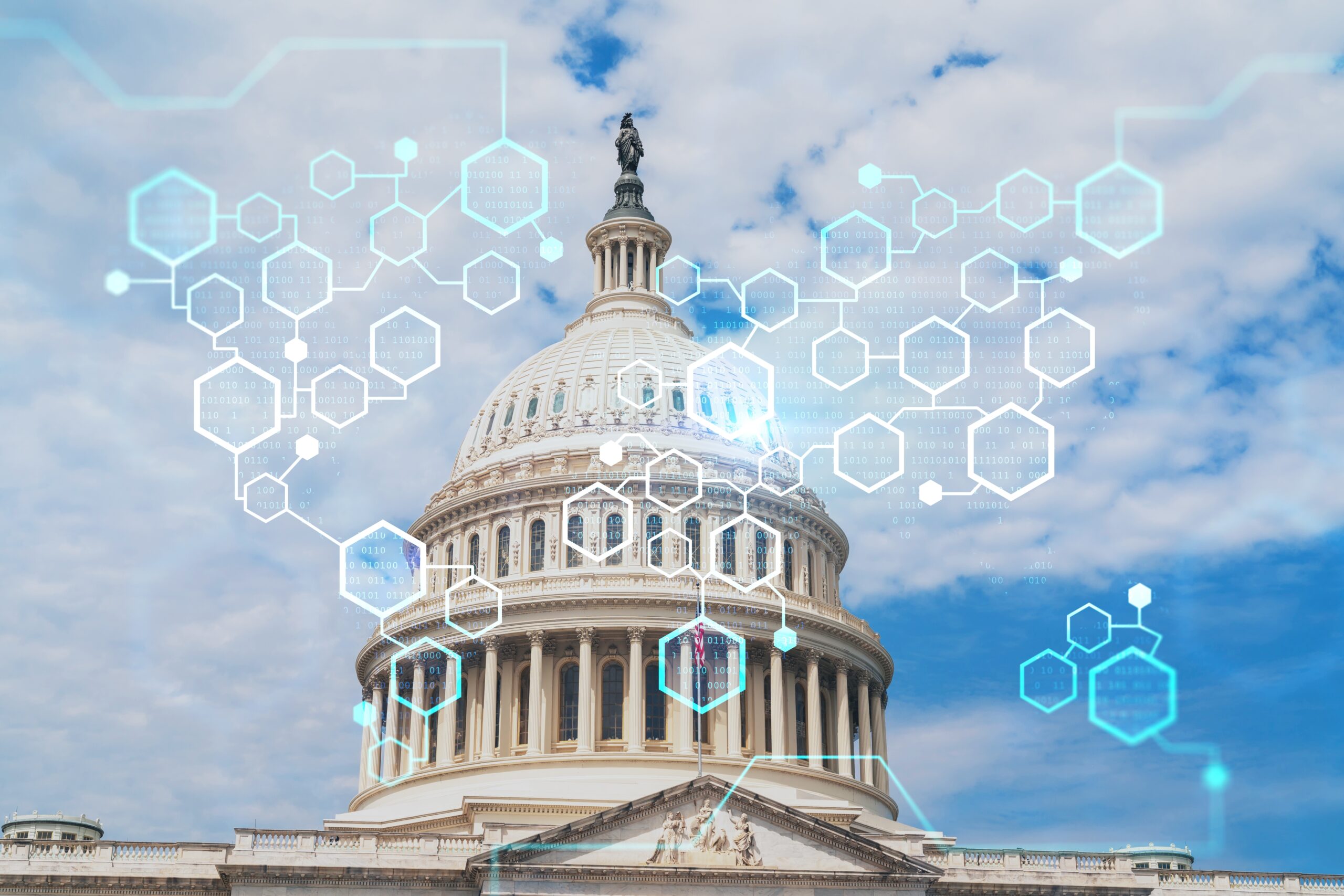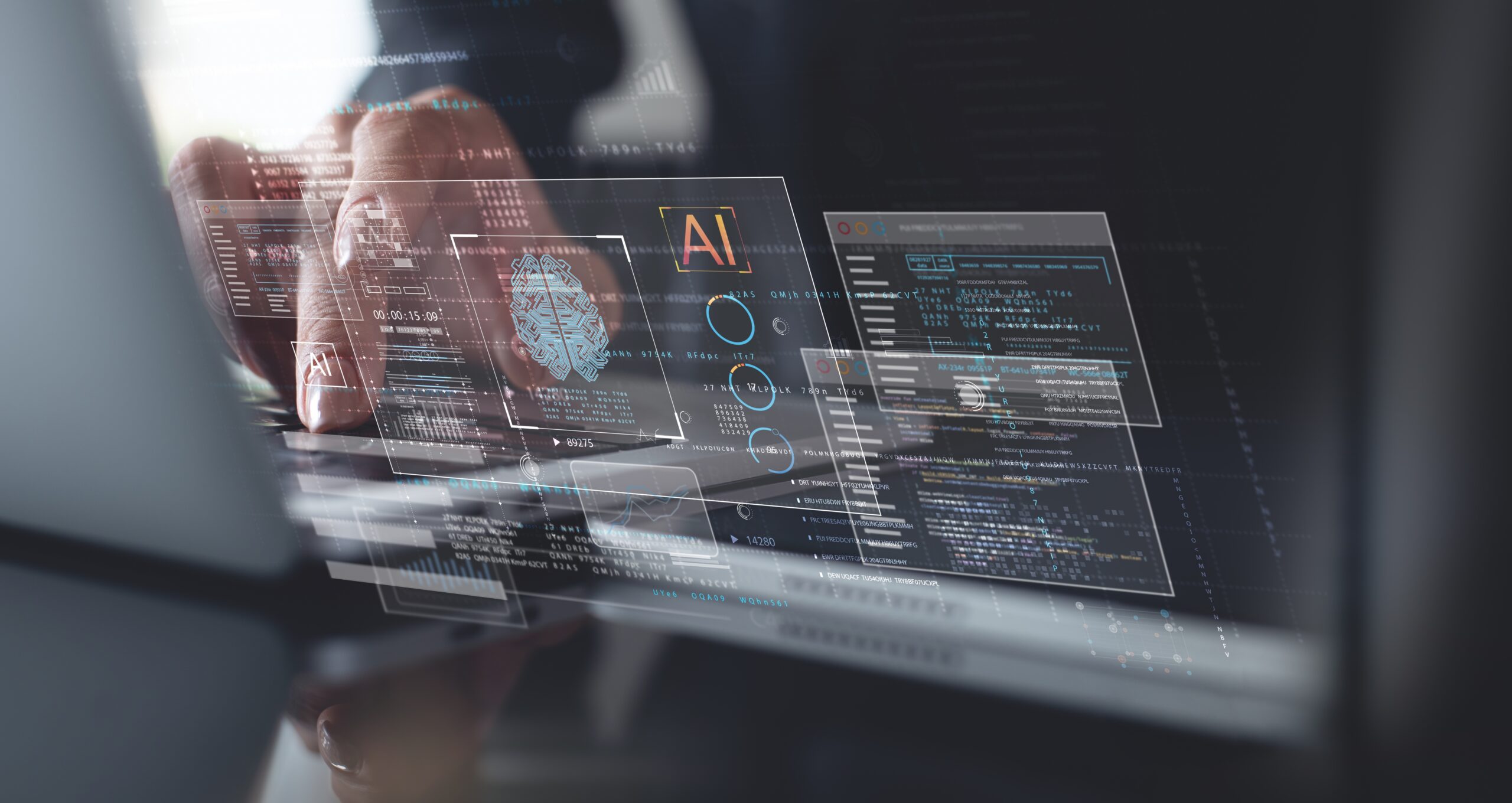
Do LLMs Contain Personal Information? California AB 1008 Highlights Evolving, Complex Techno-Legal Debate
By Jordan Francis, Beth Do, and Stacey Gray, with thanks to Dr. Rob van Eijk and Dr. Gabriela Zanfir-Fortuna for their contributions. California Governor Gavin Newsom signed Assembly Bill (AB) 1008 into law on September 28, amending the definition of “personal information” under the California Consumer Privacy Act (CCPA) to provide that personal information can […]

The Multistate AI Policymaker Working Group
The Multistate AI Policymaker Working Group (MAP-WG) is a bipartisan assembly of over 200 state lawmakers from more than 45 states, brought together by the Future of Privacy Forum. The Group’s primary aim is to foster a shared understanding of emerging technologies and related policy issues. FPF convenes and provides an administrative platform for the […]

Comment Submitted To The FCC On AI Call Detecting, Alerting, And Blocking Technologies
The Future of Privacy Forum (FPF) submitted comments in response to the Federal Communications Commission’s (FCC, or Commission) Notice of Inquiry (NOI) on technologies that can alert consumers that they may be interacting with an AI-generated call based on real-time phone call content analysis.

Updated February 25, 2025: FPF no longer coordinates the Multistate AI Policymaker Working Group
Updated February 25, 2025: FPF no longer coordinates the MAP-WG. Please read here for more information. Future of Privacy Forum Convened Over 200 State Lawmakers in AI Policy Working Group Focused on 2025 Legislative Sessions The Multistate AI Policymaker Working Group (MAP-WG) was convened by FPF to help state lawmakers from more than 45 states […]

Multistate AI Policymaker Working Group
Update February 25, 2025: FPF no longer coordinates the MAP-WG. Please read here for more information. The Multistate AI Policymaker Working Group (MAP-WG) is a bipartisan assembly of over 200 state lawmakers from more than 45 states, brought together by the Future of Privacy Forum. The Group’s primary aim is to foster a shared understanding of […]

Synthetic Content: Exploring the Risks, Technical Approaches, and Regulatory Responses
Today, the Future of Privacy Forum (FPF) released a new report, Synthetic Content: Exploring the Risks, Technical Approaches, and Regulatory Responses, which analyzes the various approaches being pursued to address the risks associated with “synthetic” content – material produced by generative artificial intelligence (AI) tools. As more people use generative AI to create synthetic content, […]

FPF Unveils Report on Emerging Trends in U.S. State AI Regulation
Today, the Future of Privacy Forum (FPF) launched a new report—U.S. State AI Legislation: A Look at How U.S. State Policymakers Are Approaching Artificial Intelligence Regulation— analyzing recent proposed and enacted legislation in U.S. states. As artificial intelligence (AI) becomes increasingly embedded in daily life and critical sectors like healthcare and employment, state lawmakers have […]

Comments Submitted to the FCC on Disclosure and Transparency of AI-Generated Content in Political Advertisements
The Future of Privacy Forum (FPF) submitted comments in response to the Federal Communications Commission’s (FCC, or Commission) Notice of Proposed Rulemaking (NPRM) on the use of artificial intelligence (AI) to generate content for political advertisements.

Privacy Roundup from Summer Developer Conference Season 2024
Ahh, summer. A time for hot dogs, swimming pools, and software developer conferences. For third-party application developers to deliver new tools with the best features for the lucrative fall quarter, they must have access to all the APIs and tools by the summer before. This has meant that early summer has become known as a […]

FPF Highlights Intersection of AI, Privacy, and Civil Rights in Response to California’s Proposed Employment Regulations
On July 18, the Future of Privacy Forum submitted comments to the California Civil Rights Council (Council) in response to their proposed modifications to the state Fair Employment and Housing Act (FEHA) regarding automated-decision systems (ADS). As one of the first state agencies in the U.S. to advance modernized employment regulations to account for automated-decision […]
